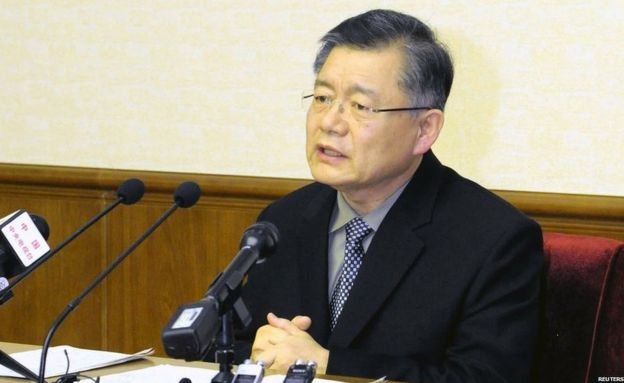By Christine Khamis
Impunity Watch Reporter, Asia
BEIJING, China –
Local authorities in Shenzhen have released a statement stating that the deadly landslide last week was caused by breaches in construction safety rules and was not a natural disaster. Shenzhen authorities have vowed to punish those accountable for the landslide in accordance with the law.
The central government in Shenzhen organized an investigation team to look into the causes of the landslide. The team found that the cause of the landslide was the movement of construction waste in a landfill site rather than geological movement. Xinhua, China’s state run news source, has reported that the industrial site where the landslide occurred continued to take waste for 10 months after it was supposed to stop accepting all waste. Officials also ignored warnings that the site was dangerous.
According to local news sources, the landslide killed at least seven people, with several others in serious condition in local hospitals and over 70 people still missing. The disaster also buried 33 buildings in the industrial site where the construction waste was dumped.

Currently, there is still a risk of additional landslides in three other places in the Shenzhen industrial park according to Xinhua. Yang Shengjun, head of the Shenzhen Housing and Urban Rural Development Bureau, says that there are also dangerous chemicals that need to be dealt with.
Ma Xingrui, the Communist Party Chief of Shenzhen, has made a formal apology and has pledged to accept responsibility for the landslide. Officials are often dismissed after disasters in China, with others facing prosecution for their responsibility for such disasters. Now that it is apparent that the landslide was due to human error, it is even more likely that Shenzhen officials and others found to have contributed to the disaster will carry the blame.
Parts of Asia, including China, Nepal, Pakistan, and Sri Lanka are particularly prone to landslides due to their dense populations and rapid growth of urban centers. The Shenzhen landslide has raised concerns about China’s industrial safety regulations and the lack of oversight that may have contributed to other similar disasters. An extensive amount of infrastructure has been built up in recent years to meet the growth of industrial hubs and cities in China. That infrastructure, if not built according to safety regulations, could pose a serious threat of future disasters.
For more information, please see:
CNN – China Says Landslide Caused by Safety Violations, Vows to Punish ‘Seriously’ – 26 December 2015
The International Business Times – China Shenzhen Landslide Caused by Safety Violations, Not Nature, Officials Say – 25 December 2015
The New York Times – Chinese Official Vows Punishment Over Shenzhen Landslide – 25 December 2015
The Guardian – Is the Shenzhen Landslide the First of Many More? – 23 December 2015



